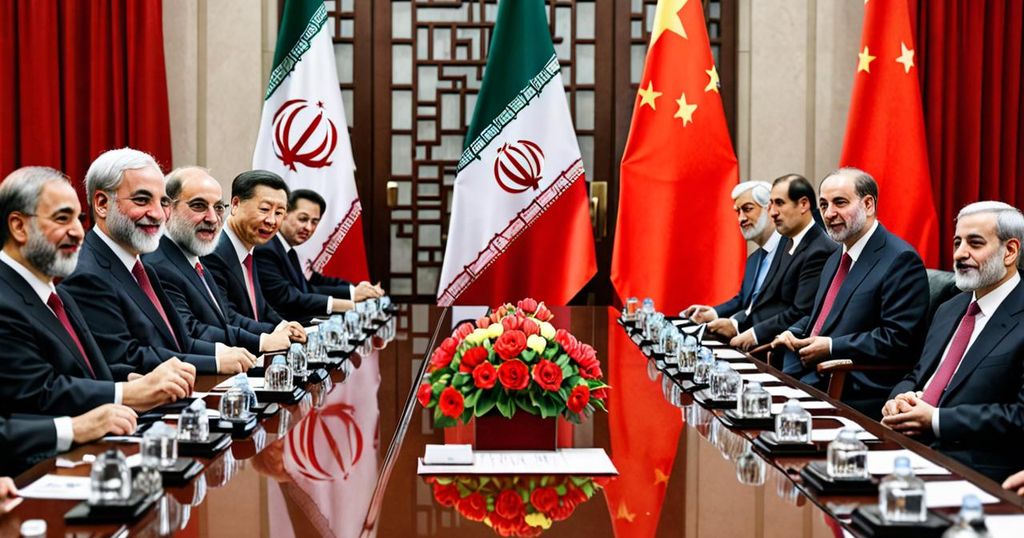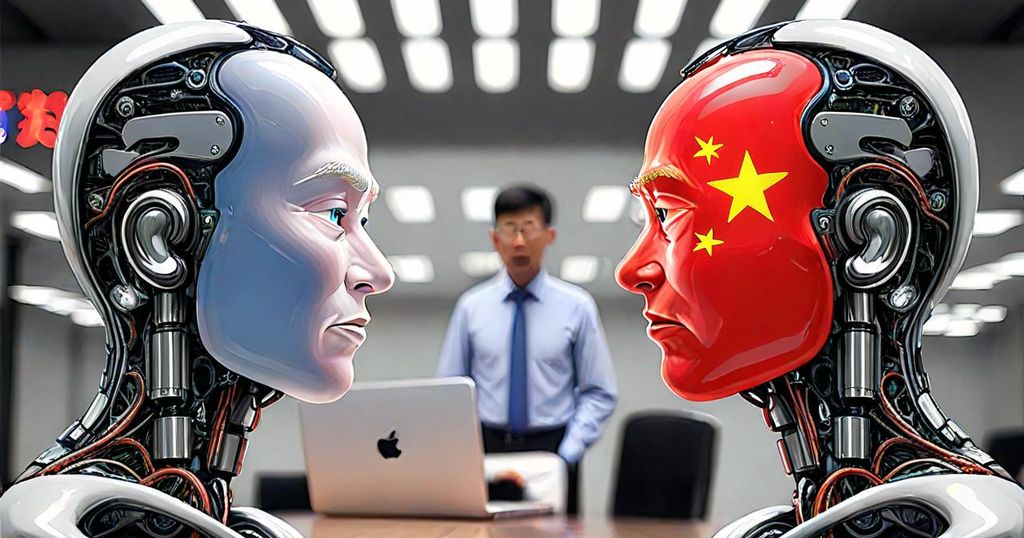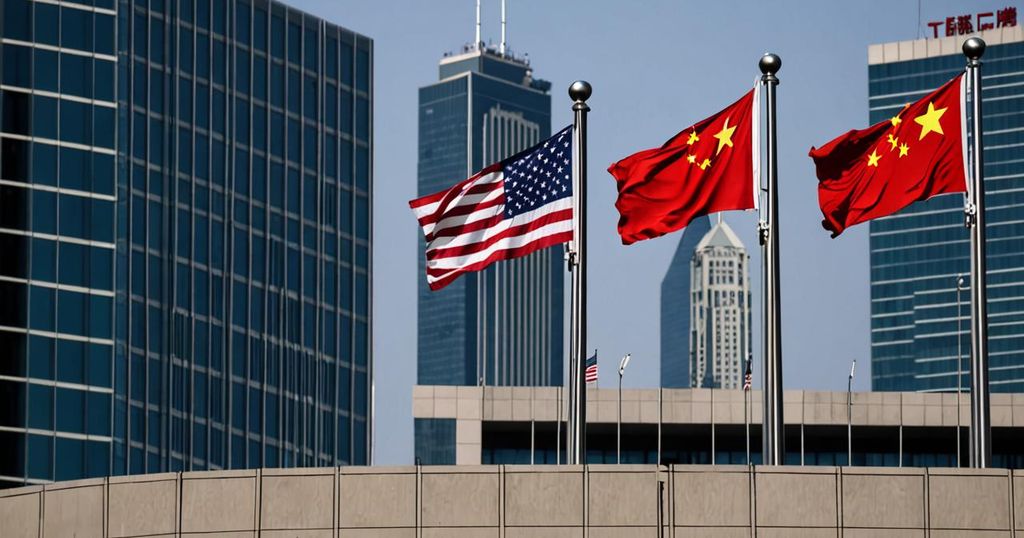U.S. technology companies have provided crucial support to Ukraine’s military and government throughout the ongoing conflict with Russia, sparking inquiries into how these companies might react in a hypothetical Taiwan contingency given their intricate relationships with China. This report seeks to examine the economic and financial connections of leading U.S. tech companies involved in Ukraine to China, in order to offer valuable context for assessing their potential conduct in a crisis involving Taiwan.
Our focus was on 18 companies, including Amazon, Apple, Microsoft, Palantir, and others, that offered aid to Ukraine. Our analysis was based on data from reputable sources such as fDi Markets and Crunchbase, and aimed to estimate the type and extent of their ties to China, including overall revenue from business in China, greenfield foreign direct investment (FDI) projects, supply chains, data and cloud computing centers, and venture capital and private equity investments in Chinese companies.
Our findings revealed that four of the 18 companies—Tesla, Apple, Amazon, and Microsoft—maintained extensive economic connections with China, generating revenue from product sales, managing supply chains, and making investments in greenfield FDI projects in the country. Particularly, Apple and Tesla had the most significant ties to China, with a substantial portion of their sales revenue originating from the country, and a high reliance on China-based factories for their product manufacturing.
Furthermore, Amazon and Microsoft also had noteworthy linkages to the Chinese economy and R&D ecosystem, albeit to a lesser degree than Tesla and Apple. They upheld robust supply chains in China and engaged in extensive R&D activities in the country’s technology innovation ecosystem.
While our analysis does not claim that these linkages will definitively influence corporate decision-making and actions in the event of a Taiwan crisis, it does suggest that some companies may face intricate decisions due to their dependence on China for revenue and manufacturing. Specifically, Apple, Tesla, Amazon, and Microsoft may be susceptible to Chinese coercion or economic pressure in the event of a potential Taiwan crisis. Conversely, a withdrawal of these companies from China could also impact the country’s economy and innovation ecosystem.
Hence, the support of U.S. technology companies in a potential Taiwan crisis cannot be assumed, and the United States and its allies should be prepared for potential complexities in the decisions of these companies. Enhanced coordination and engagement between U.S. defense planners and the U.S. tech companies would be advantageous in informing planning for a Taiwan contingency.
In conclusion, the economic and financial ties between U.S. tech companies and China could significantly shape their responses in a potential Taiwan crisis. It is crucial for policymakers and analysts to comprehend these linkages and their potential implications while assessing the decisions and behaviors of these companies in various crisis scenarios involving China.








